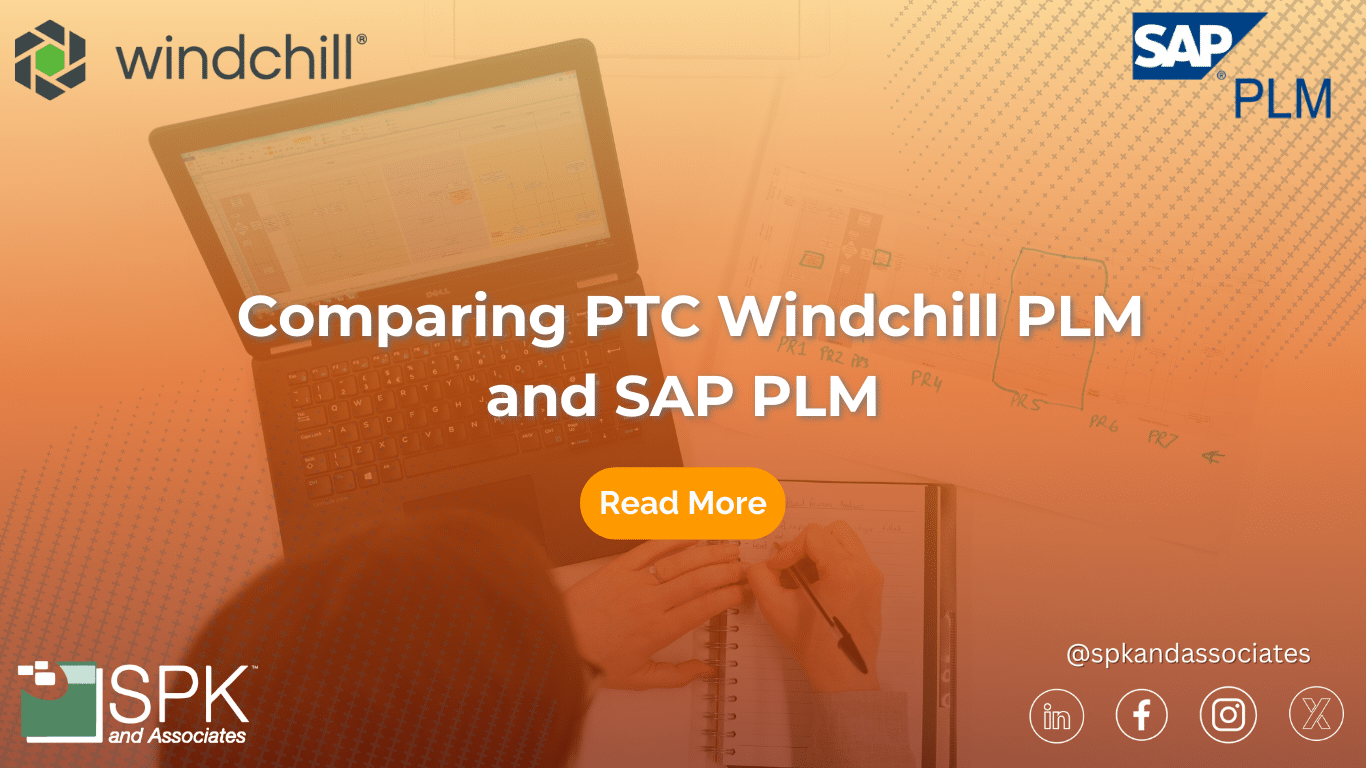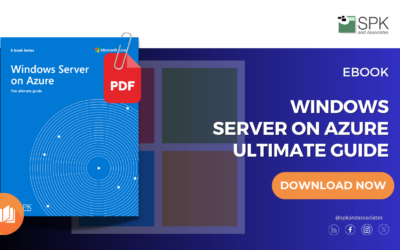There are many options on the market, each with their own pros and cons. But, choosing a Product Lifecycle Management (PLM) software doesn’t have to be overwhelming. As industry experts supporting businesses globally, we’re going to be comparing PTC Windchill vs SAP PLM to help you decide which is best for you.
What is PTC Windchill?
PTC Windchill is a solution allowing organizations to manage their product’s lifecycle and any data that comes with it. Windchill is designed to streamline and optimize the management of product lifecycles and associated data across organizations. Additionally, this platform meticulously documents:
- All modifications
- Quality metrics
- Requirements essential for product development
Essentially, this enhances governance and operational efficiency.

What makes Windchill stand out in the market?
Windchill stands out by fostering collaboration across various teams. Additionally, it leverages advanced tools to expedite product market launches while ensuring adherence to regulatory standards. Furthermore, it equips organizations with robust tools for regulatory compliance, ensuring products consistently meet industry benchmarks. Ultimately, Windchill empowers stakeholders from engineering to manufacturing. It does this by enabling more effective communication and significantly enhancing product quality – from conception through to realization.
This solution encapsulates a strategic approach to PLM, providing a unified platform supporting continuous improvement and product development process innovation. Lastly, PTC Windchill has proven business outcomes – check those out here.
What is SAP PLM?
SAP PLM, like Windchill, is a product lifecycle management software solution. It manages product design, data, and quality changes. It allows for customizations and modules such as document control and change management. SAP PLM also facilitates collaboration between team members. Lastly, it includes regulatory compliance tools and aids in bringing a product to market.

Comparing PTC Windchill vs SAP PLM
We’ve written previously about why you should use PTC Windchill as your PLM. But, specifically focused on the product overviews we’ve noted above, it may appear the applications are similar. However, while they seem like they have similarities, we concur PTC Windchill is the more efficient of the two. Here’s why:
Closed-Loop Architecture
Out-of-the-Box Functionality
Enterprise PLM
Industry Experience
Windchill collects data and utilizes these insights to manage your product more efficiently. It seamlessly integrates with a variety of CAD systems - this makes creating Bills of Materials (BOMs) simpler.
The centralized data management system makes managing these BOMs a breeze.
Windchill also permits users to create detailed process plans which improves communication between team members.
Lastly, PTC Windchill has a robust ecosystem of partners and third-party integrators that provide further modules, extensions, and services.
PTC Windchill allows users to view and markup 3D CAD models, no native CAD software needed.
These features, along with data insights, make it easy for anyone to visualize. That means team members can easily understand and communicate with each other about the project.
There are also multiple places where individuals can communicate. While Windchill has its own collaboration workspaces, it also integrates easily with other collaboration tools. For example, Microsoft Teams and Sharepoint.
Its digital thread foundation also allows for seamless integration with other enterprise systems and efficient collaboration among cross-functional teams.
It was originally developed to manage product data and has undergone continuous improvements since its launch.
It is widely utilized in sectors including manufacturing, high-tech, automotive, and aerospace defense that demand close teamwork on product creation.
G2’s ratings for Windchill are 4 stars with 92 reviews. See details here.
While SAP provides a configurable solution, its closed-loop architecture is frequently a part of a larger SAP ecosystem.
Meaning customizing to specific requirements or integrating with non-SAP systems will take extra work.
Some versions of SAP PLM may include discussion forums or message boards but it is unclear which include these collaborative spaces
It was designed to integrate PLM into the business processes, not manage the product lifecycle data itself.
SAP PLM aligns itself closely with industries like manufacturing, chemicals, consumer goods, and life sciences that gain from close integration with ERP and business processes.
G2’s rating for SAP PLM is 3.5 stars with 64 reviews. See details here.
Windchill Customer Testimonials

“Windchill’s strong BOM, change management, and SAP integration helped to win the deal”
Kimberly-Clark

“Windchill beat the joint forces of SAP PLM and Siemens Teamcenter by providing instant access to PLM information on a single platform. SAP PLM was time-consuming, inefficient, and not well organized”
Mahle

Advantages and Disadvantages
SAP PLM is a good software tool, from a great company. It also has decades of resource planning experience.
However, the testimonials make a good point.
- Windchill is excellent at taking a design and bringing it to manufacturing through organized steps.
- SAP PLM on the other hand can have steps get lost in translation.
- SAP PLM also often requires customizations that are no longer supported in S/4HANA, SAP’s Enterprise Resource Planning (ERP) suite. This integration issue does not occur with Windchill due to its digital thread foundation.
For these reasons, we believe Windchill is the superior PLM software suite.
Get Started With PTC Windchill
After reading the comparisons, you should have more clarity on how PTC Windchill can help you. If you still have questions or want to get started with PTC Windchill, we can help. If you would like to talk to an expert about Windchill, contact us today.







